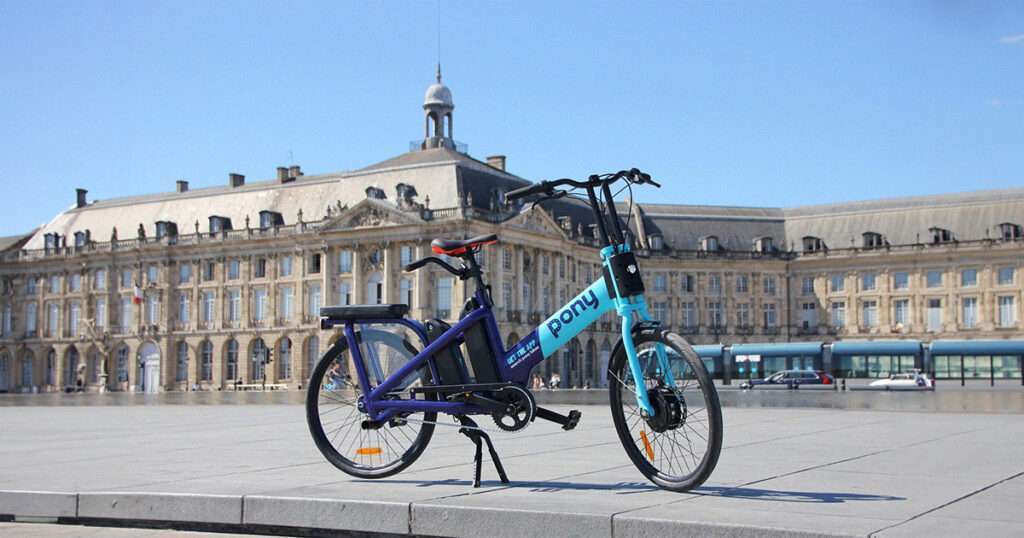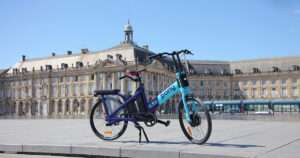For the second year in succession, Allianz France and CSA have just published the results of their road safety survey. The aim of the survey, conducted between 7 and 25 April 2023, was to gauge the perceptions of French road users regarding the sharing of the road. A survey that highlighted a really tense climate when it comes to sharing the road, particularly with electric scooters…
A high number of road users
While 9 out of 10 French people drive at least one type of vehicle (car, motorbike, MPV, bicycle, etc.), 84% use a car. Of these, 81% use it at least once a month… A high figure, with no great surprises, but on deeper analysis it points to the gradual development of mixed-use.
By mixed-use, we mean a habit of using both their car and different modes of transport. The Allianz France-CSA road safety survey reveals that 64% of French people use both their car and public transport, 55% use the car and a bicycle or EV, 21% use the car and a moped, and 16% use both the car and a Personal Light Electric Vehicle (PLEVs), including electric scooters, monoroues, gyropodes, hoverboards, etc. These multimodal uses could have led to greater tolerance about sharing the road. On the contrary…
Multimodal cohabitation is not always tolerated…
Although more and more towns and cities are seeking to offer their residents as many alternatives as possible, the Allianz France-CSA barometer confirms that misunderstandings between the various ‘drivers’ are growing over time.
The results of this second edition of the barometer dedicated to road sharing show a deteriorating climate between users of different forms of transport. The overall perception of the cohabitation of vehicles has dropped by 5 points in one year, with only 45% of users having a good perception of the sharing of the road.
Nicolas Tetart, Head of Road Safety at Allianz France.
An observation that echoes our article “Free-floating electric scooters: the end of a prosperous era? A sector reviewed at a global level, following the announcement of the City of Paris’ referendum. A vote which resulted in the withdrawal of all self-service electric scooters from next September. This position seems to have become more pronounced in the Paris conurbation. Indeed, 62% of residents have a negative perception of cohabitation, compared with 55% of the general population.
A real source of inconvenience and stress…
A change in perception was explained primarily by a significant increase in non-compliance with the highway code for 20% of those questioned, and poor understanding between road users for 14% of them. These two spontaneous reasons have risen by 3 points in the space of a year.
This lack of civic-mindedness was also noted among users of PLEVs (76%), moped riders (71%), and electric bicycles (58%). Pedestrians now see the proliferation of PLEVs as a real inconvenience. More than one in two pedestrians (57%) cite the movement of these machines on pavements. The same is observed of motorists, 83% of whom consider them to be a real source of stress. This figure rises to 90% for drivers over 65.
Finally, however, the Allianz France-CSA barometer reveals a fairly positive effect. Notably, in terms of prevention messages and information about insurance obligations for PLEVs owners. 69% of them take their insurance cover seriously. An increase of 8 points compared to 2022, demonstrating the awareness of the risks incurred with all these vehicles!





